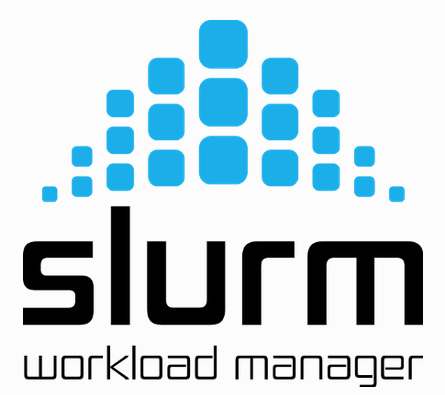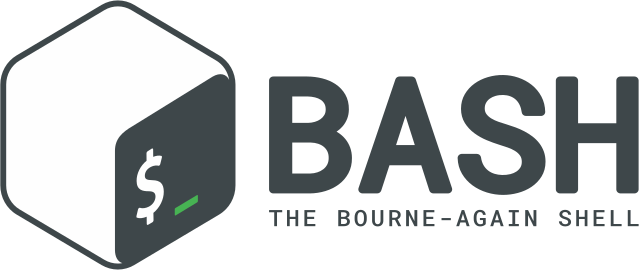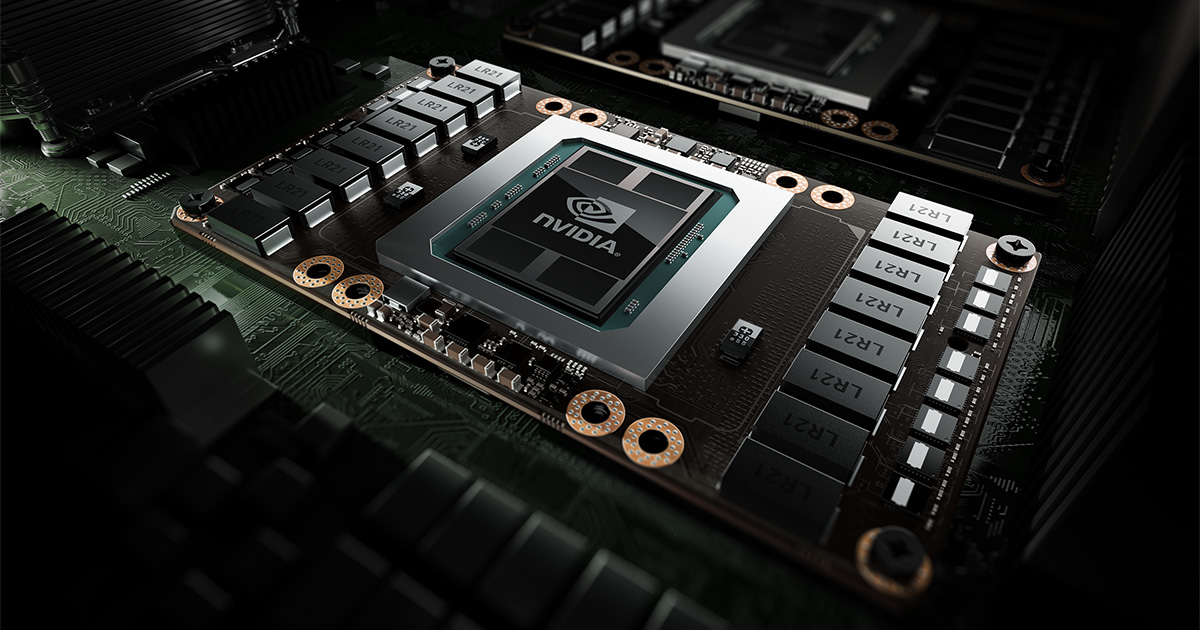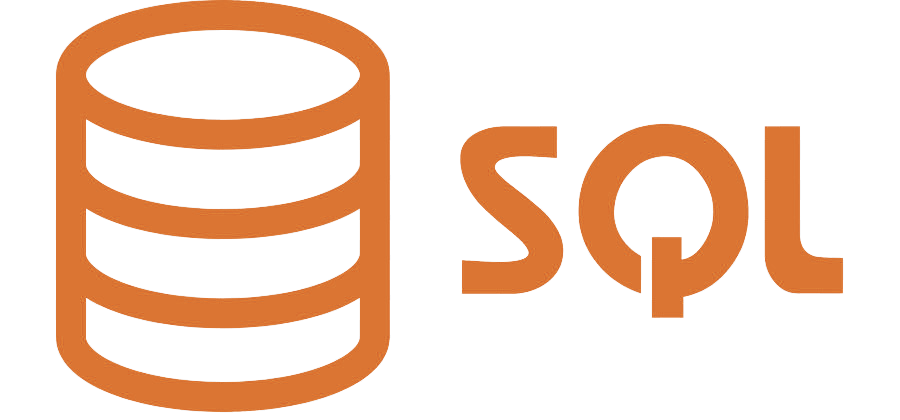
The majority of computational work on the Digital Research Alliance of Canada (DRAC) compute clusters is achieved by submitting jobs to the Slurm scheduling software. The scheduling software is what researchers use to access the vast and diverse compute nodes made available by DRAC. The scheduling software is also responsible for how fairness of the access to resources is achieved on these clusters that are freely available to all academic researchers in Canada. This course introduces the role of the scheduler on compute clusters before covering topics on its use. Beyond the general content of using a Slurm scheduler this course covers topics that are specific to the DRAC scheduling environment configuration and offers strategies for getting the most out of the national clusters.
Prerequisite: no prerequisites but an understanding of the "New User" and "Introduction to Shell" Self-Paced Courses is helpful.
Estimated time: 1-4 hours depending on time spent exploring the examples.
- Teacher: James Desjardins

This is an online "New User" self-paced course introducing what is Digital Research Alliance of Canada, its partners (including SHARCNET), its systems and services, where to find information, and how to obtain help. If you are new to Alliance and SHARCNET, have been away for while, or would like to review/refresh you memory about any of these items, feel free to enrol in this course. Upon the completion of the course and successfully passing the quiz at the end of the course, the Certificate of Course Completion will be issued.
Prerequisites: none
Estimated time: one hour

This self-paced online course is an introduction to GPU programming, focusing on OpenACC. The course consists of two parts, with each part containing three sections. We will start by discussing GPU architectures and basic principles of programming GPUs. Then we will introduce basic OpenACC constructs using simple code examples: SAXPY, Julia set, reduction, and Jacobi solver. A significant attention will be given to making the code efficient. The course has a programming assignment at the end. Submitted assignments will be graded by the instructors. If your assignment fared well, you will get a certificate for the course completion.
The course was developed and is being maintained by SHARCNET staff Pawel Pomorski and Sergey Mashchenko.
Prerequisites: some experience with C/C++ programming.
Estimated time: two hours for the theory, one to two hours for practical exercises.
- Teacher: Sergey Mashchenko
- Teacher: Pawel Pomorski

This course provides an introduction to machine learning that enables computers to learn AI models from data without being explicitly programmed. Rather than presenting the key concepts and components of machine learning in an abstract way, this course introduces them with a small number of examples. By using plotting and animations, insight into some of the mechanics of machine learning can be had. By the end of this course, the student will have an initial understanding and experience with some of the fundamentals of machine learning enabling subsequent exploration.
Prerequisites:
- Basic Python knowledge and experience.
- Using Alliance compute clusters.
- Knowledge and experience with Tensorflow and Scikit-learn would also be helpful.
- Teacher: Weiguang Guan

This self-paced course describes how to run programs on supercomputers using the BASH shell. In addition to the basic BASH shell usage, globbing, regular expressions, redirection, pipes, and scripting will also be covered.
Prerequisites: None.
- Teacher: Tyson Whitehead

This online self-paced course provides basic training for Alliance users on using GPUs on our national systems. Modern GPUs (such as NVIDIA A100 and H100) are massively parallel and very expensive devices. Most of GPU jobs are incapable of utilizing these GPUs efficiently, either due to the problem size being too small to saturate the GPU, or due to the intermittent (bursty) GPU utilization pattern. This course will teach you how to measure the GPU utilization of your jobs on our clusters, and show how to use the two NVIDIA technologies - MPS (Multi-Process Service) and MIG (Multi-Instance GPU) - to improve GPU utilization.
Prerequisites: none
Estimated time: one hour
- Teacher: Sergey Mashchenko

This course covers the essentials of SQL (Structured Query Language), guiding learners from basic queries to intermediate database operations. You’ll learn how to create, retrieve, update, and manage data using SQL commands. Topics include JOINs, constraints, aggregation, and data relationships. Perfect for beginners looking to build a strong foundation in database management. Upon the completion of the course and successfully passing both certification quizzes, the Certificate of Course Completion will be issued.
Prerequisites: none
Estimated time: 3-4 hours
- Teacher: Ed Armstrong
